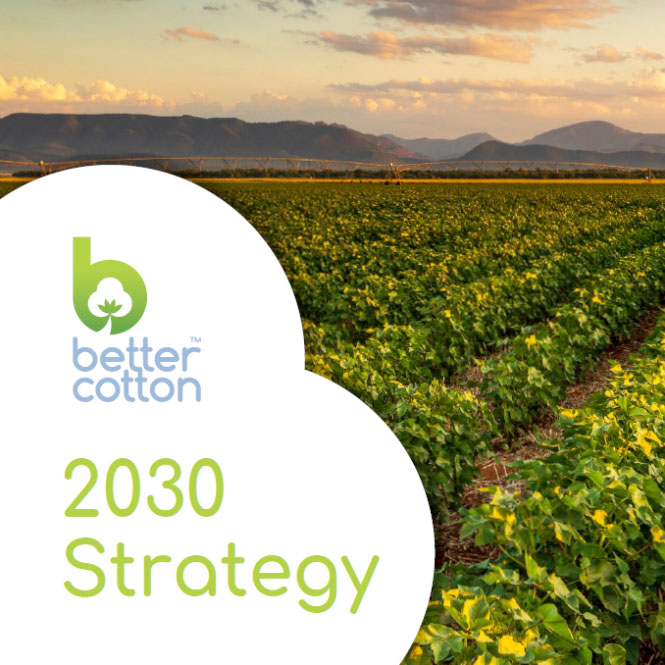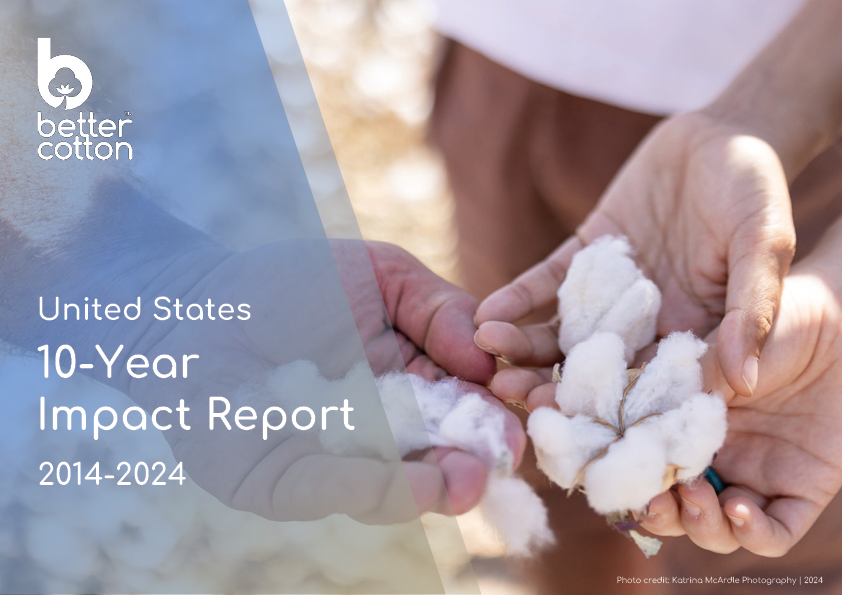- Who we are
- What we do
In just over 10 years we have become the world’s largest cotton sustainability programme. Our mission: to help cotton communities survive and thrive, while protecting and restoring the environment.
- Where we grow
Better Cotton is grown in 22 countries around the world and accounts for 22% of global cotton production. In the 2022-23 cotton season, 2.13 million licensed Better Cotton Farmers grew 5.47 million tonnes of Better Cotton.
- Our impact
- Membership
Today Better Cotton has more than 2,700 members, reflecting the breadth and diversity of the industry. Members of a global community that understands the mutual benefits of sustainable cotton farming. The moment you join, you become part of this too.
- Associate Membership
- Civil Society Membership
- Producer Organisation Membership
- Retailer and Brand Membership
- Supplier and Manufacturer Membership
- Find Members
- Member Monitoring
- Better Cotton Platform
- myBetterCotton
- Resources – Better Cotton Conference 2022
- Complaints
- Whistleblowing
- Safeguarding
- Get Involved in the Better Cotton Programme
- Thank you for contacting us
- Better Cotton’s Data Privacy Policy
- Log in
- Members’ Area
- Request for Proposals
- Better Cotton Cookie Policy
- Web Reference
- Measuring Cotton Consumption
- How to Implement the Chain of Custody Standard
- Resources – Better Cotton Conference 2023
- Certification Bodies Old
- Latest
- Sourcing
- Latest
The founding premise of Better Cotton is that a healthy sustainable future for cotton and the people that farm it is in the interests of everyone connected with it.
Let us help you find what you’re looking for
Results for {phrase} ({results_count} of {results_count_total})Displaying {results_count} results of {results_count_total}
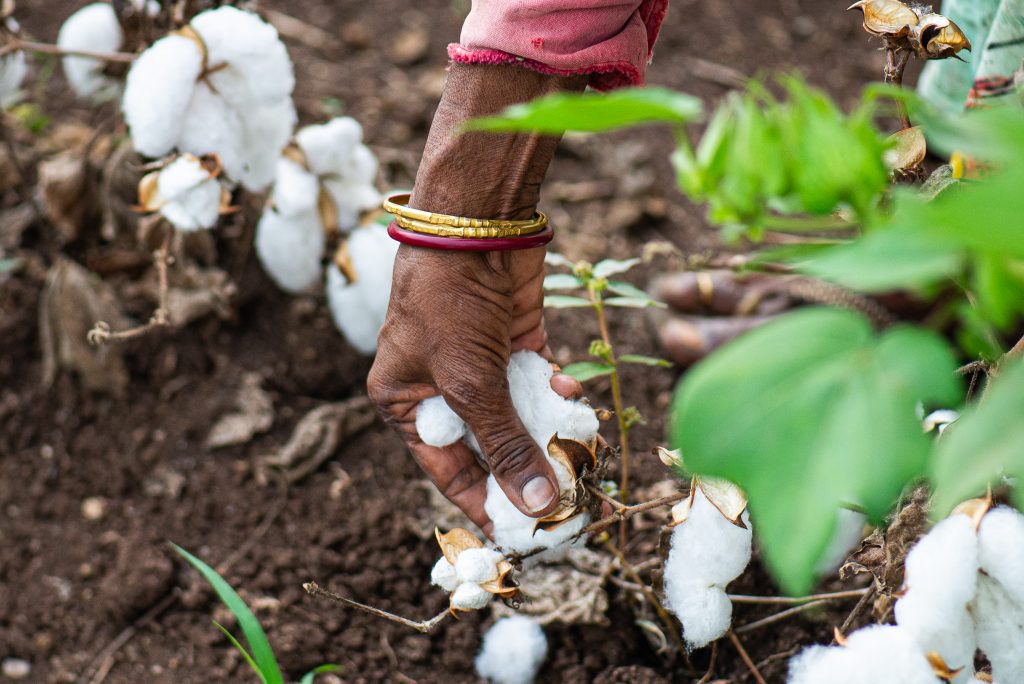
By Graham Bruford, Global Knowledge Manager at Better Cotton
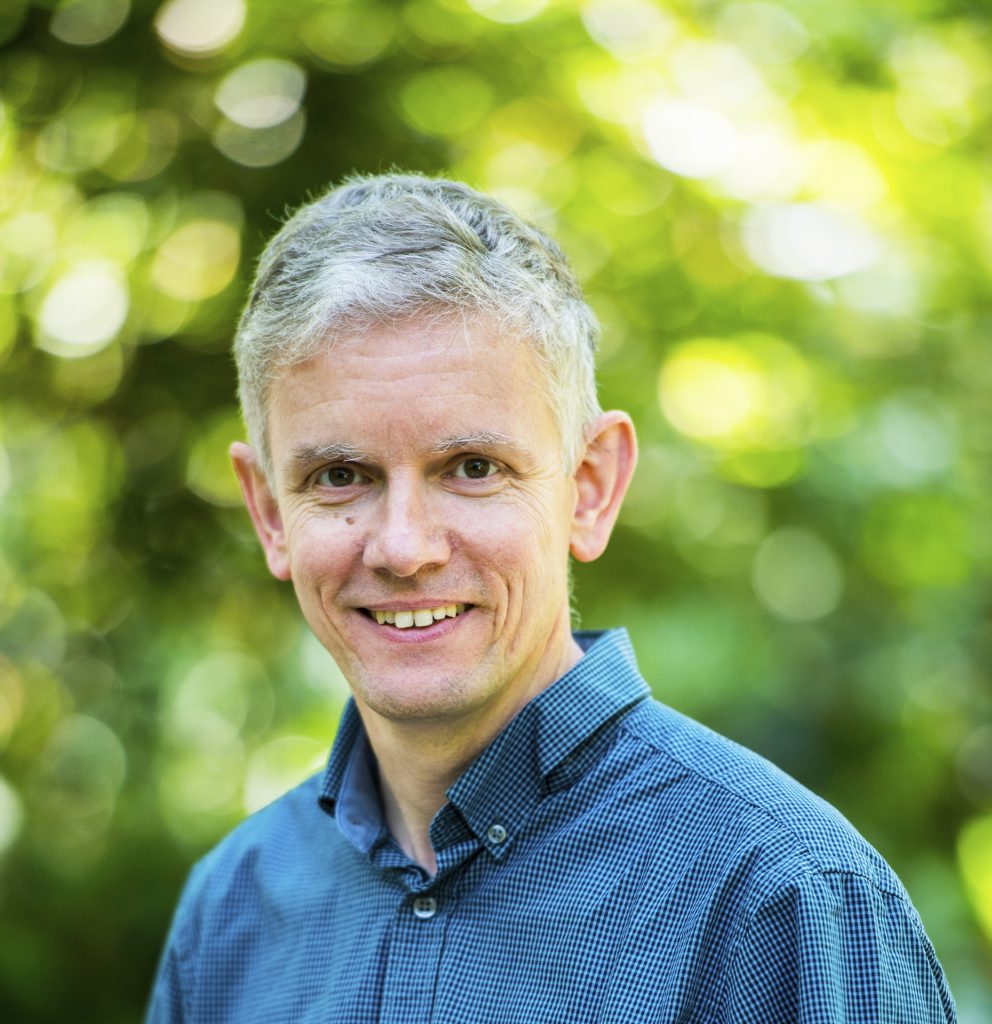
Last week we held our annual Programme Partner Meeting over three days, offering a solution-oriented event for the front-line implementers of the Better Cotton Standard System. Bringing together 486 participants, a record for Better Cotton, the event gave our Programme Partners – who play a vital role in leading farmer training and support in the field – the opportunity to learn and interact with partners from other countries, technical experts and Better Cotton staff.
Across the three days, we held a variety of sessions aimed at providing useful technical material to support our partners in their implementation activities. With a packed agenda, the meeting covered a whole range of topics, centred around three key themes: climate and improved use of data; decent work and sustainable livelihoods; and implementation insights.
Evan Girvetz, Principal Scientist and Global Program Leader at the Alliance of Biodiversity International and CIAT, was our first keynote speaker, giving a highly insightful speech on Climate Smart Agriculture (CSA). Participants then got the chance to hear about farm data digitalisation, as well as learning about two climate change projects that we are working on together with external organisations and our Programme Partners.
On the second day, Joyce Poku-Marboah, Senior Project Manager, Child and Forced Labour at Rainforest Alliance, gave the keynote, drawing from her experience working with smallholder farmers in the cocoa sector to discuss improving livelihoods and promoting decent work. Again, we had a series of presentations from external organisations and Programme Partners which highlighted the different projects that are taking place across our programmes to drive Better Cotton’s work on decent work and sustainable livelihoods forwards.
Lastly, on the final day of the meeting we focused on implementation insights. Our Programme Partners had put forward four key challenges, and we came together to discuss these issues and explore potential solutions. The challenges discussed were:
- Increasing organic fertiliser production
- Collective action partnerships
- Ensuring access to, and availability of, high quality seed while managing seed cost
- Addressing farmer reluctance to change their practices
During this last day, we provided a platform for partners to showcase their best practices to inspire future progress in continuously improving the implementation of the Better Cotton Principles and Criteria.
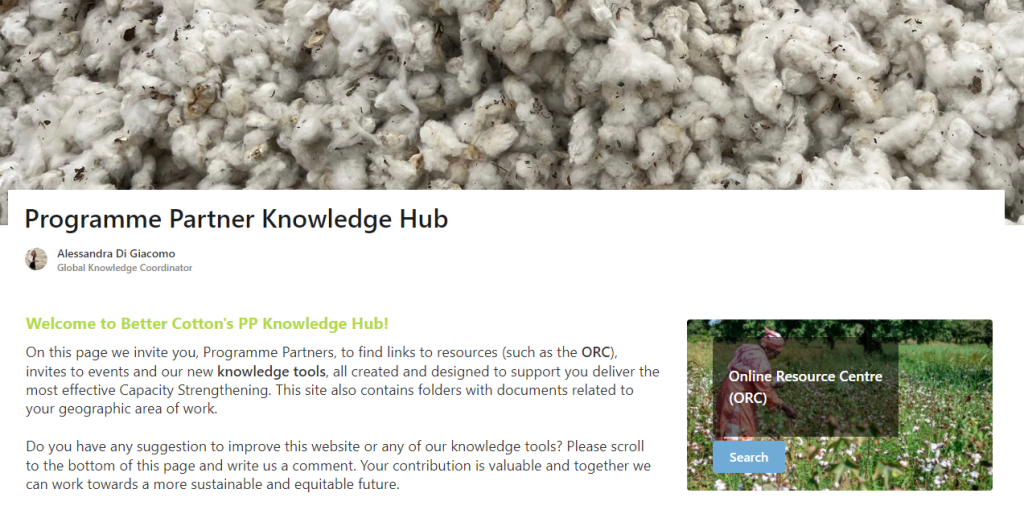
Several Partners from China, India, Mozambique and Pakistan submitted videos of their innovative practices working alongside Better Cotton Farmers, covering topics including establishing cotton nurseries to combat climate change; accessible innovations; wheat seed production in a cotton-wheat crop rotation area; cotton-mushroom crop rotation; compost creation and use; and alternative incomes for farm workers. Better Cotton also presented its own innovation, the Knowledge Hub, which was developed for Partners and Producer Unit Managers.
In addition, the day included spotlights on high-performing field staff from several different countries, demonstrating the hard work and commitment of Producer Unit Managers and Field Facilitators in training and supporting farmers to implement improved practices.
Better Cotton has a network of close to 60 Programme Partners across the world, each of which has their own team of Field Facilitators, Producer Unit Managers and other field staff who work directly with Better Cotton Farmers. In order to make the event accessible to as many field staff as possible, we provided interpretation in eight languages, a record for the organisation. This was a major success, particularly during breakout sessions, as it allowed participants to communicate and express themselves in their own languages without limitations. This resulted in a very enriching discussion, exchange of experiences and proposed solutions to the challenges raised.
The event was well-received and appreciated by participants, generating a lot of questions and interaction, and it was really helpful to have our partners explaining their learnings and experiences from their participation in the various projects discussed. We look forward to continuing to engage with our partners during our regular Programme Partner webinars over the coming year, and at the face-to-face meeting due to take place in early 2025.
